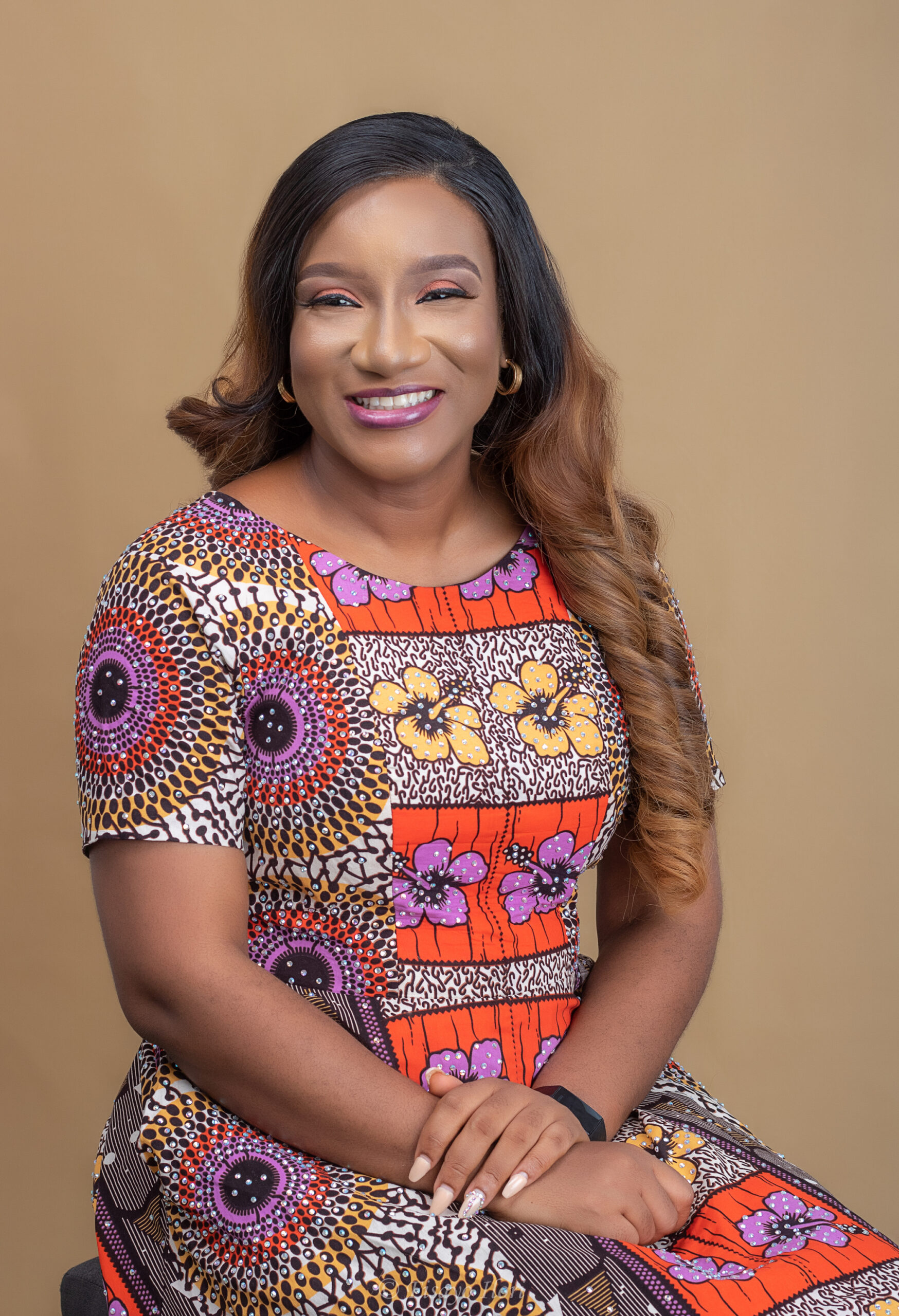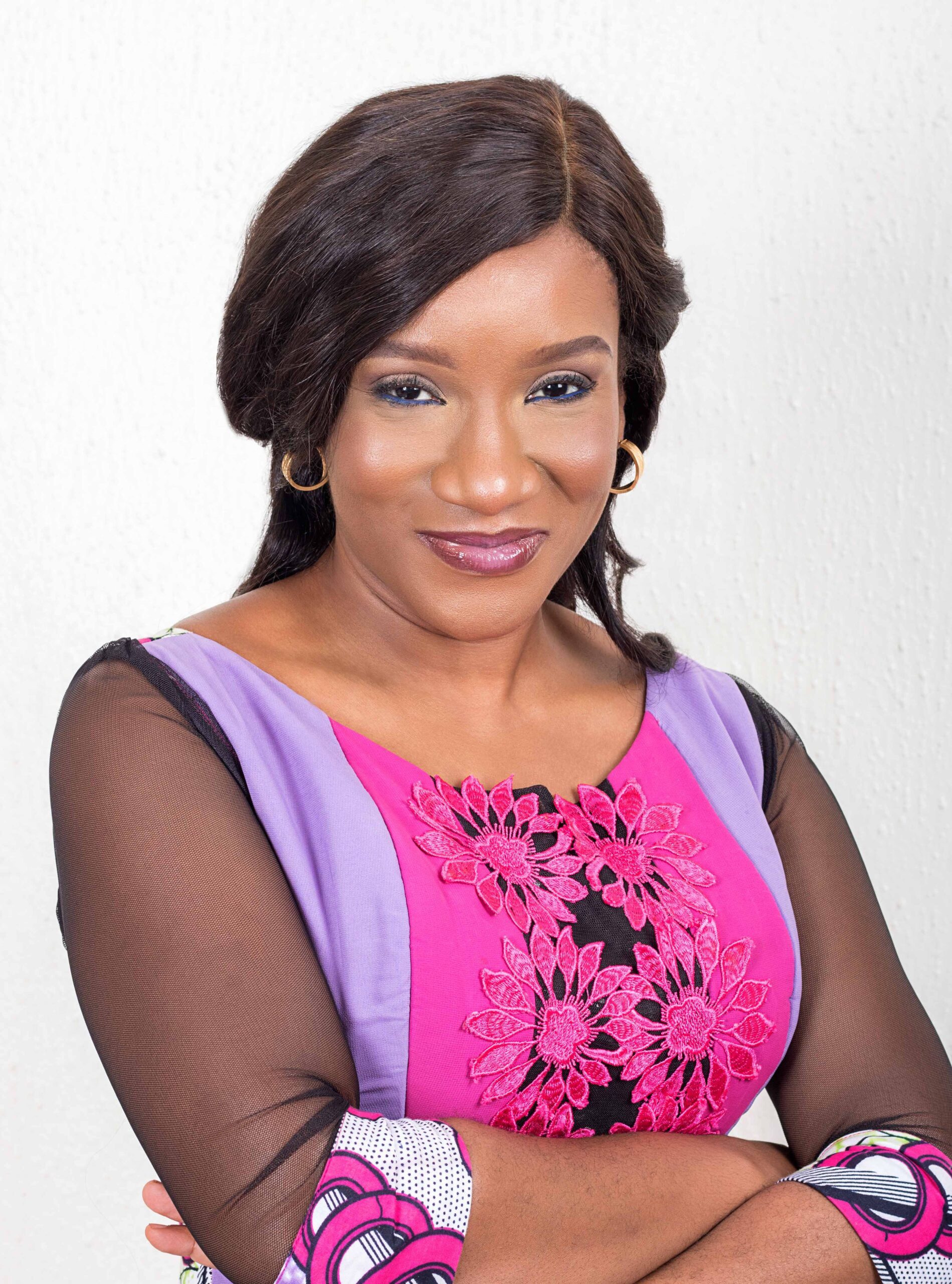Features
Ifeoma Chuks-Adizue on How Global Citizen’s Stages Are Driving Change Through African Music

For more than a decade, Global Citizen has used music as a force for change, turning festivals into platforms that fight poverty and inequality. From New York to Rwanda and Lagos, African artists have shared stages with the world’s biggest acts, bringing the continent’s sound to millions of people across the globe.
At the heart of this work is the belief that music can both inspire and transform. This weekend, as Ayra Starr and Tyla prepare to take the Global Citizen Festival stage in New York, BellaNaija speaks with Ifeoma Chuks-Adizue, Global Citizen’s Managing Director for Africa, about the milestones of the past decade, the power of representation, and how Move Afrika, Global Citizen’s touring circuit, is set to transform Africa’s creative economies.
Enjoy the conversation!
Hello Ifeoma. How are you feeling today?
Hi BellaNaija! I’m feeling great and so excited to be here speaking to you about all the amazing plans ahead.
For the past decade, Global Citizen has been showcasing African artists on the global stage and has also brought global artists to the continent. Looking back, what role do you think these moments have played in shaping the global perception of African music?
Over the past decade, Global Citizen has been showcasing Africa’s most dynamic talent, alongside the world’s biggest acts, beginning with K’Naan’s performance at the inaugural 2012 Global Citizen Festival in New York City’s Central Park.
Global Citizen has helped shift African music from “emerging” to undeniably global, transforming artists from regional stars into household names and redefining Africa as a driver of global pop culture, not just a participant
This can be seen in our events such as the 2018 Mandela 100 Festival in Johannesburg and the 2022 Global Citizen Festival in Accra, which not only featured African artists as openers but also placed them alongside global megastars like Beyoncé, Ed Sheeran, Kendrick Lamar, and Usher.
By showcasing talents like Wizkid, Tiwa Savage, Stonebwoy, Sarkodie, Tems, Davido, and Ayra Starr on stages streamed to millions worldwide, Global Citizen provided a powerful international platform. Many of these artists have since dominated international charts, won major awards, and sold out arenas, proving that African music is not just culturally rich but commercially viable on a global scale.
These flagship moments forced festivals, promoters, and record labels to take notice, showing that African artists can headline, draw massive audiences, and trend globally. It challenged outdated industry assumptions and opened doors for African genres like Afrobeats, Amapiano, and Afro-fusion to become mainstream pop sounds.
The Move Afrika initiative extends this legacy by creating recurring, world-class shows across the continent, ensuring African music is not a one-off spectacle but a permanent fixture in global festival culture.

What informs Global Citizen’s decisions when selecting African artists to perform with a global artist and on a global stage?
When selecting African artists for global stages, Global Citizen looks for artists whose music resonates across cultures, whose artistry reflects Africa’s dynamic creativity, and whose message aligns with our mission of driving social impact.
Ayra Starr and Tyla will share the 2025 Global Citizen Festival stage in New York. Based on Global Citizen’s commitment to equity, what does it mean to have young African women at the forefront of such a global platform, and how does this moment reflect the future Global Citizen envisions for African music?
Having Ayra Starr and Tyla share the Global Citizen Festival stage in New York is a powerful statement about African music. It represents equity in action, placing two young African women not just in the lineup, but at the forefront of one of the world’s most visible stages, alongside global icons like Cardi B and Shakira. This moment signals that African women are not simply breaking into global music; they are defining its next chapter.
For Global Citizen, this is about more than music. It’s about amplifying voices that embody creativity, resilience, and leadership, and ensuring that African artists, especially women, are celebrated as global stars on their own terms.

One of Move Afrika’s ambitious goals is to create over 100,000 jobs by 2028, while strengthening Africa’s creative economies and launching citizen-led advocacy campaigns that promote sustainable development and economic growth. Could you break down how Move Afrika plans to achieve these, beyond the concerts themselves?
Move Afrika is more than a concert series; it’s a platform for economic transformation focused on driving economic investments, expanding infrastructure, and building local capacity within host cities, creating jobs, providing skills training, fostering youth entrepreneurship, and ultimately showcasing Africa’s best creative talent to the world. Since launching in 2023, the tour has created over 2500 jobs across Lagos and Kigali, with more than 90 per cent of show crews sourced locally.
At Global Citizen, our goal is to scale Move Afrika into five cities by 2028, creating over 100,000 jobs and helping to galvanise world-class production value throughout Africa’s live events sector. But this is just the beginning. The bigger vision is an ecosystem where Africa is no longer left off the international touring map, but is a thriving destination where more of the world’s biggest acts love to perform and draw inspiration.
Our aim with Move Afrika is to build long-term opportunity. We prioritise and invest in local talent and vendors through training, mentorship, exposure and repeat engagement. As we support local festival producers to scale their events and upskill the next generation of talent, we will continue to unlock jobs all year-round across cities and across the continent.

Looking ahead to 2026, what should African audiences, artists, and even governments expect from Global Citizen and the Move Afrika initiative?
Our top priority is to build momentum behind Move Afrika, scaling it country by country, while deepening its impact on Africa’s economy. Following successful stops in Rwanda and Nigeria, we will return again to both markets while adding a third country and deepening our commitment to local talent, vendors, governments and audiences across all markets.
At the heart of this is creating jobs and entrepreneurial opportunities, and to achieve that, we will launch programs aimed at raising live event production standards and talent capacity development across the continent. Our goal is not just to deliver great shows, but to position Africa as a globally competitive live event destination where international and African artists alike can tour with confidence, backed by world-class talent, infrastructure and execution.
We will also deepen our partnerships with governments to co-invest in venue development and, with the support of the millions of global citizens, push for policy reforms that make touring across Africa easier and more attractive, whilst also building tools to promote African vendors globally and unlock cross-border bookings and trade.
As you can see, Move Afrika is not just about putting on world-class shows; it’s truly about building a sustainable creative economy. By 2028, we aim to be operating in five cities annually with concerts fully produced by skilled African teams, sparking long-term economic growth and creative empowerment.
_
All photos courtesy of Ifeoma Chuks-Adizue.



















